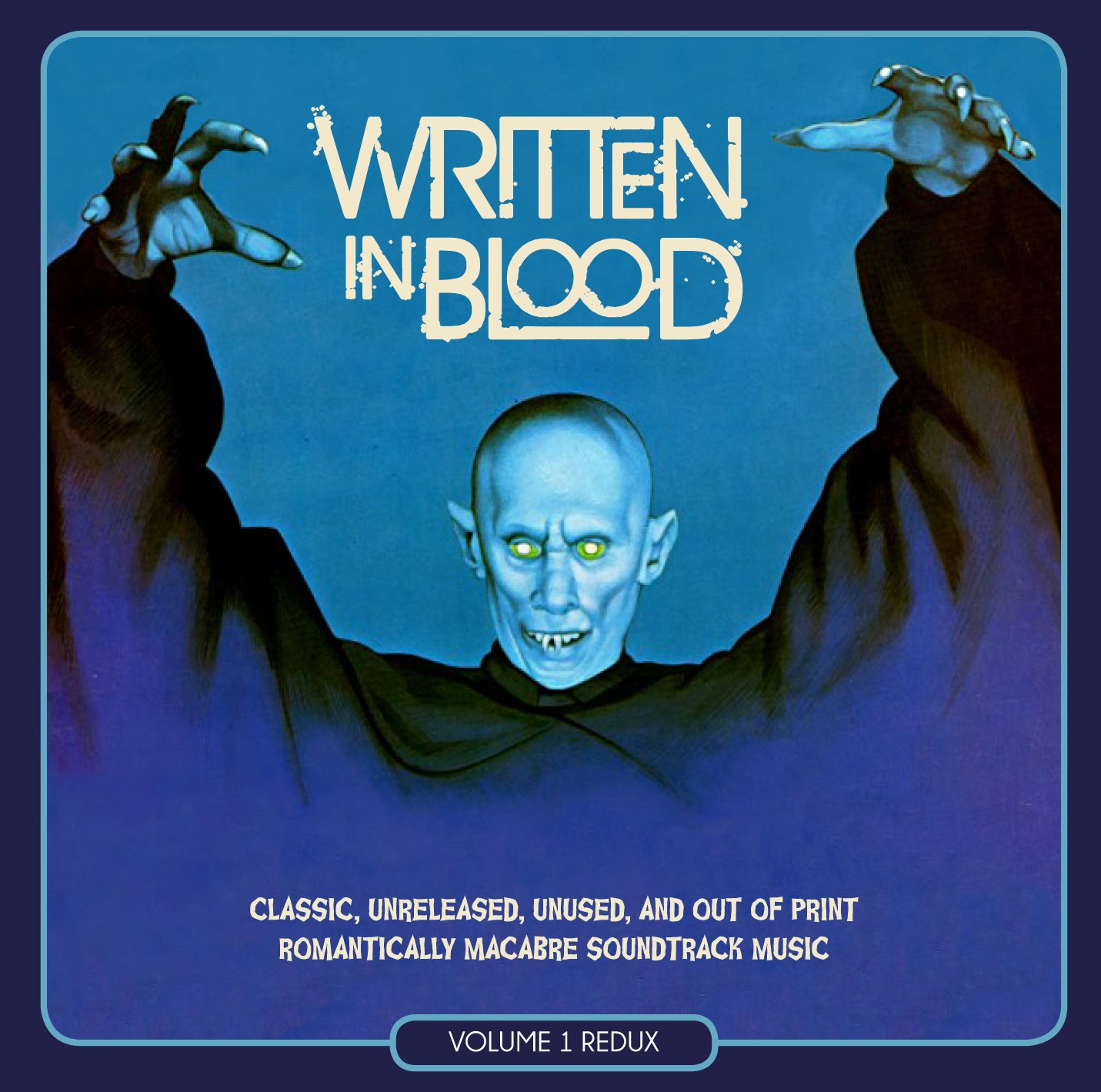
The new newest edition of H_NM_N bursts with booty: doubloons, medallions, other metaphorical treasures, etc.
Including stellar stuff from the home team: Amy McDaniel and Alexis Orgera, plus some wildness from William Walsh, some wtf goodness from a new-to-me writer named Sutherland Douglass who I am now putting on my “watch for stuff from this writer” list, and also being added to that list is another new-to-me writer named Kirsty Singer whose poems I found tremendous.
There’s heaps of other good stuff, too. You should check it out.
Random / 2 Comments
November 3rd, 2010 / 8:42 am
What’s more annoying:
How Amy McDaniel never misses an opportunity to remind us that she studied with David Foster Wallace, which somehow endowed her with a magical (foolproof) grammar wand?
OR
How I never miss an opportunity to come across as a rotten pretentious elitist who loves the sound of his own voice yet can’t seem to talk about anything of interest or importance other than worn out concepts like experimental writing?
OR
How often HTMLG discusses Tao Lin?
OR
The fact that Chelsea Martin is still on the roster, even though she hasn’t posted since the great Wiggergate fiasco?
OR
How Justin Taylor, the inventor of the “craven self-promotion” label, which (btw) appears to have been discontinued, can somehow always find a way of self-promoting in every post?
OR
How Jimmy Chen seems both extremely smart and utterly incapable of playing any role other than class clown?
OR
The way Roxane Gay champions good ole fashion storytelling, the way regular folks do?
OR
How Ken Baumann is so smart and handsome and successful?
OR
???
Massive People & Mean / 44 Comments
October 27th, 2010 / 1:23 pm

pg. 26
My fellow language junkies, this book should interest you:
To celebrate the near completion of their house Ron makes up a song. The song he makes up on this occasion is part of his plot to destroy the English language. The song goes like this.
Bjorsqi poppamomma
Wocky wocky
Plastic jam
Iron blintzes
Fill the inches
Sooky buby nishtgedeit
(pg. 74-75)
To map the boundaries of 98.6 is to acknowledge the absence of start and finish, the absence of unification, cohesion; to map the boundaries of 98.6 is to recognize recurrent motifs: community, mythology, language, communication, sex, obsession, religion, history, destruction, evil, jealousy, ownership, nature, grief, sadness, loneliness, desire. The way these concepts manifest in the material world is at the heart of 98.6.
READ MORE >
6 Comments
October 22nd, 2010 / 10:04 am

“Russell wants me to provide ‘arguments’ for my positions
i.e. he wants me to spoil their beauty.”
(1912, aged 23)
The aim of Wittgenstein Tweets is to introduce the entire life of Ludwig Wittgenstein in around 500 tweets over 6 months. Yes, a silly project, and one which Wittgenstein himself would have almost certainly loathed.
I am doing it purely because I find Ray Monk’s biography (1990) of Wittgenstein so captivating and hilarious that I want more people to get to know him. No love for or knowledge of Wittgenstein is necessary.
via Zeph Auerbach
Random / 7 Comments
October 17th, 2010 / 10:38 am
Jane Ciabattari: Women who write in the 21st century have wider opportunities than in the past. (At one point women wrote under male pseudonyms or used initials to disguise who they were. At one point literary magazines were filled with stories by and about men and no batted an eye) But we are not in a post-feminist world. If anything, there is a bit of a backlash against the “favored” aspects of affirmative action (Which is too bad, because the point was to restore equity, not swing back). Gender roles, if anything, have shifted back to the more traditional.
I suspect one reason the major raves for the new Jonathan Franzen novel rankle some women writers is that Franzen is writing a relatively traditional nineteenth-century domestic novel, a form perfected by women over the past century, and the response he is getting seems out of proportion.
Sometimes I think on some levels it boils down to empathy. Women in this culture have tended to be raised with a dual perspective, seeing both male and female points of view, and are educated to read and give critical responses to literature by men with primarily male protagonists (we all read Moby-Dick, right? and the major war novels) as well as books by and about women. Most men in this culture are not raised to have this gift for empathetic flexibility, nor offered the idea that books by and about women are of equal intellectual weight.
What we need, I think, is to open the doors of imagination wide rather than favor a few authors who write about a narrow economic niche. I’ve been excited over the past year to read the work of newcomer Tiphanie Yanique, short story master Yiyun Li, the amazing Lily Hoang, who breaks the mold and puts it back together again, Jennifer Egan, who is pushing the limits of fiction in new ways with each book, and I consider them on par with the male writers whose work seems fresh and exciting to me this year.
“On Gender and Publishing”: A Panel Moderated by Carmen Giménez Smith
Random / 31 Comments
October 11th, 2010 / 7:52 am

“There IS a responsibility to the audience,” he said. “We don’t want anything bad to happen to these kids–we don’t want to release anything we can’t handle.” We talked about magic and Aleister Crowley. Jimmy said that Crowley has been maligned as a black magician, whereas magic is neither white nor black, good nor bad–it is simply alive with what it is: the real thing, what people really feel and want and are. I pointed out that this “either/or” straitjacket had been imposed by Christianity when all magic became black magic; that scientists took over from the Church, and Western man has been stifled in a non-magical universe known as “the way things are.” Rock music can be seen as one attempt to break out of this dead soulless universe and reassert the universe of magic.
“Rock Magic: Jimmy Page, Led Zeppelin,
And a search for the elusive Stairway to Heaven”
by William Burroughs
Crawdaddy Magazine, June 1975
Random / 2 Comments
October 9th, 2010 / 4:39 pm

I have been thinking a lot lately about the connections between Foucault’s and Vollmann’s works. Their kinship is immediately apparent. Vollmann has a massive multi-volume treatise on human violence; Foucault has a massive multi-volume treatise on human sexuality. Vollmann works with human sexuality constantly in his fiction and nonfiction; via Foucault’s investigations into power, especially in Discipline and Punish, Foucault works with human violence. Both authors refuse confinement to a single discipline; both are interested in what has been dubbed biopolitics. Vollmann’s Imperial and the newly translated The Birth of Biopolitics by Foucault put into stark relief the overlap in this interest.
“Wrestling the Octopus: William T. Vollmann’s Imperial and Biopolitics;
or: Rethinking Literary Theory;
or: Early Directions in Vollmann Studies”
by Okla Elliott
Random / 52 Comments
October 5th, 2010 / 6:24 pm








